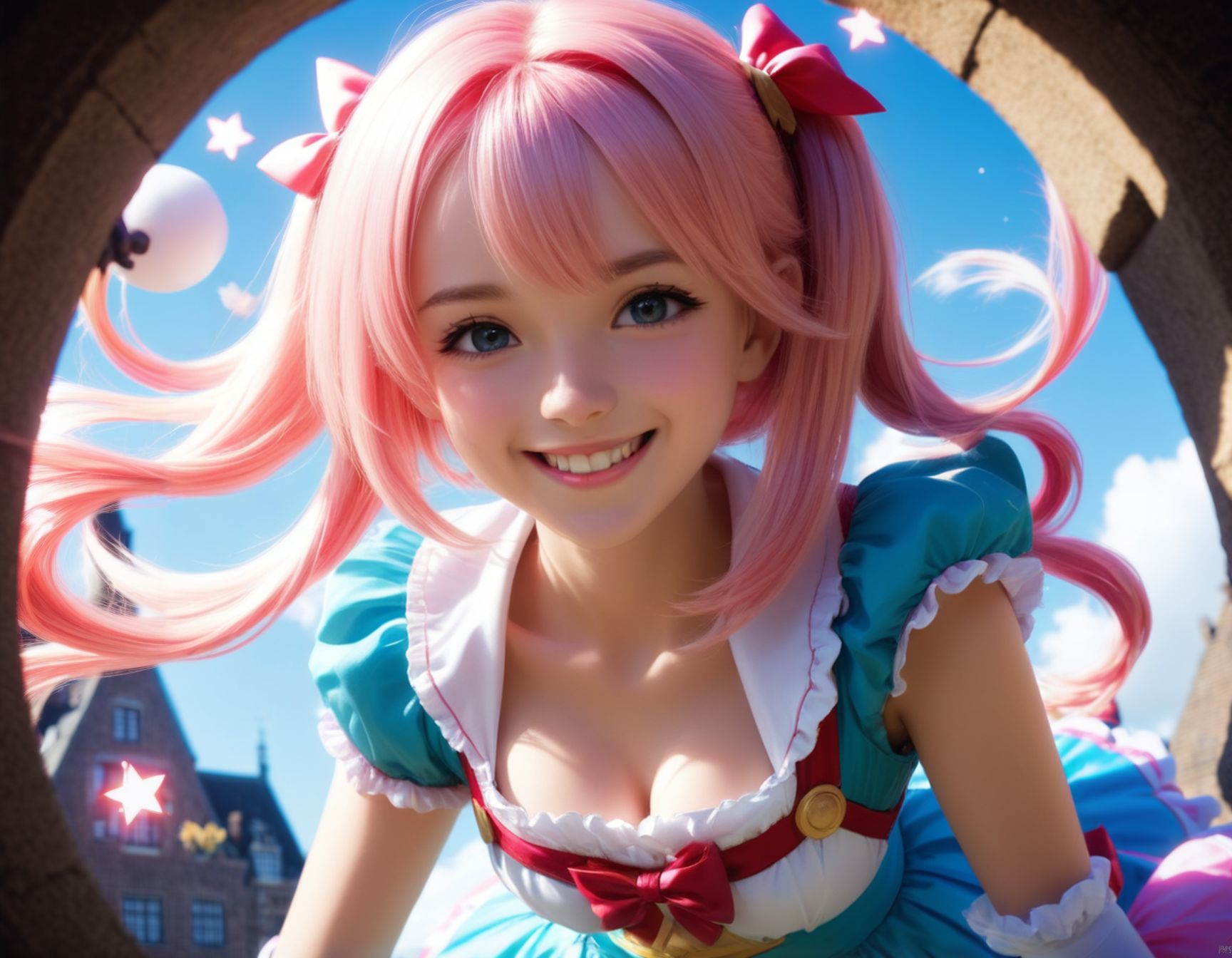Hello, everyone! Today, I’ll be talking about Mr. Eiichi Shibusawa.
Have you ever heard of him?
He lived from 1840 to 1931 and was an incredible person.
He was a Japanese businessman, and he’s called “the father of Japanese capitalism.” Mr. Shibusawa helped create many companies and organizations that still support Japan’s economy today.
But he wasn’t only thinking about making money.
He believed in balancing morality with economic activities, and that philosophy is widely known as his life’s work.

1.Learning and Change in His Youth
Mr. Shibusawa was born in 1840 in a farmer’s family in what is now Saitama Prefecture.
He had a lot of knowledge about agriculture from a young age and became interested in work.
When he was young, Mr. Shibusawa sympathized with the idea of “sonnō jōi” (Revere the Emperor, expel the barbarians).
This was the idea of respecting the Emperor and driving out foreign powers, and at the time, Mr. Shibusawa thought that Japan should protect itself by getting rid of foreigners.
However, in 1867, when he went to France, his thinking changed dramatically.
He attended the World’s Fair in Paris and saw the impressive technology, systems, and social structures of France.
In particular, he came to understand how vital the economy and business were for the development of a country.
When Mr. Shibusawa returned to Japan, he revised his ideas and decided to learn from foreign technologies and economic systems to make Japan a better country.

2.His Role in the Meiji Government
After returning to Japan, Mr. Shibusawa was invited to work for the new Meiji government in the Ministry of Finance (similar to today’s Ministry of Finance).
There, he helped organize Japan’s financial system and build the foundation for the new economy.
During this time, he applied the knowledge of finance and economics he had learned in France to create an economic system suitable for Japan.
He especially focused on the importance of companies and banks in the nation’s development.
At the time, Japan’s economic foundation was still weak.
So, Mr. Shibusawa decided to become a businessman himself, and in 1873, he established the “First National Bank.”
This was Japan’s first modern bank and the predecessor of today’s Mizuho Bank.
Thanks to this bank, Japan was able to build a stable monetary system.

3.Achievements as an Entrepreneur
After the success of the First National Bank, Mr. Shibusawa helped create many other companies.
In fact, more than 500 companies!
Some of the large companies that still support Japan’s economy today were helped by Mr. Shibusawa. For example:
- Tokyo Stock Exchange: Established in 1878, this is Japan’s central place for stock trading.
- Oji Paper: One of Japan’s largest paper manufacturing companies.
- Nippon Yusen: One of the companies that laid the foundation for Japan’s shipping industry.
These companies grew thanks to Mr. Shibusawa’s leadership and business philosophy, and as a result, they significantly boosted Japan’s overall industry and economy.

4.”The Analects and the Abacus”
Mr. Shibusawa’s business philosophy is often summed up with the phrase “The Analects and the Abacus.”
“The Analects” refers to the teachings of Confucius, a book that talks about morality and ethics.
The “Abacus” represents commerce and economic activities.
Mr. Shibusawa believed that both morality and business are important.
He thought that businesses should not only focus on making money but should also work in a way that brings happiness to everyone.
This philosophy is still valued in many companies today.

5.His Later Years and Influence
Even after retiring from business, Mr. Shibusawa continued to help build schools and hospitals, and he worked for peace.
In 1929, he was even nominated for the Nobel Peace Prize.
Mr. Shibusawa’s influence was enormous, and in his later years, he was respected both in Japan and abroad as “the father of Japanese capitalism.”
And even today, his greatness is recognized—his face started appearing on Japan’s new 10,000 yen bill in 2024.
As you can see, Eiichi Shibusawa was someone who worked hard to make Japan a better country by valuing both morality and the economy.
His life isn’t just a story of becoming rich, but a story of striving to make everyone happy and leaving a lasting impact on all of us today.
Did you get a better idea of who Eiichi Shibusawa was?
Feel free to ask if you have any questions.
Let’s continue learning more together!

(Note)
Everyone, please listen.
This is something I asked AI about.
AI’s answers aren’t always guaranteed to be correct.
So please be sure to verify important information.
Also, there’s support and membership available. It might be helpful to know!
Thank you for listening up to this point.
Let’s keep working hard together!


